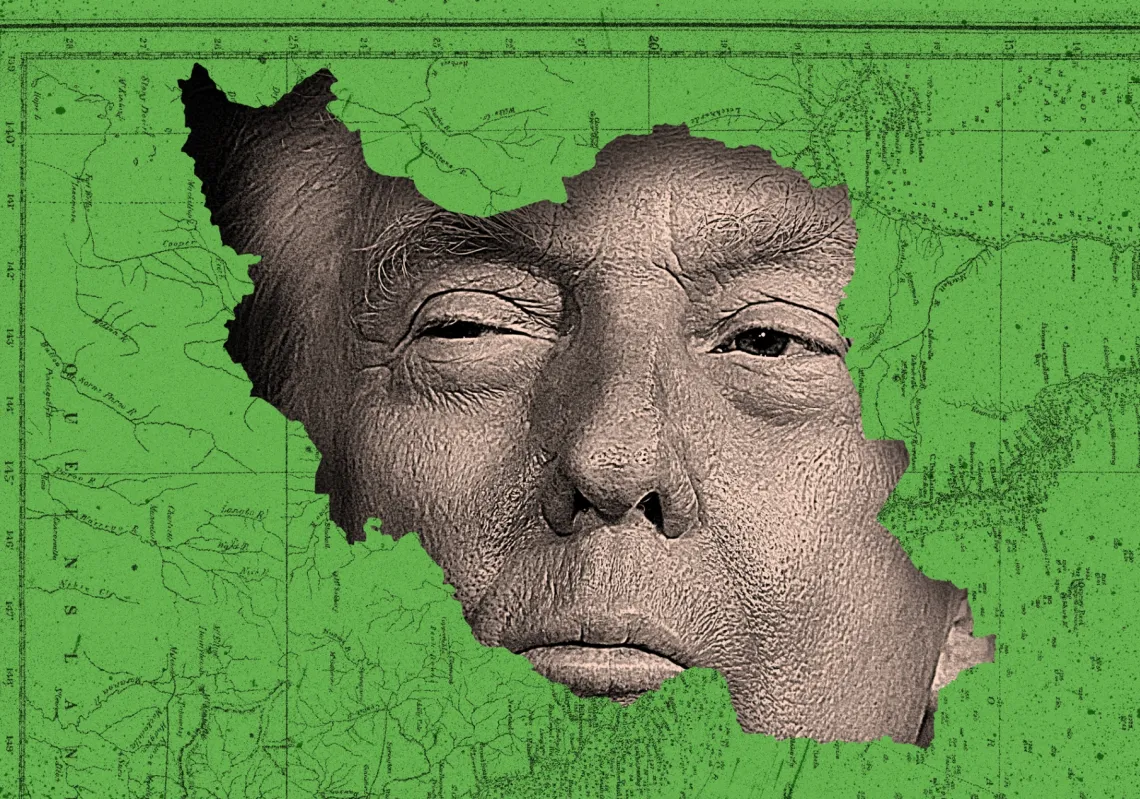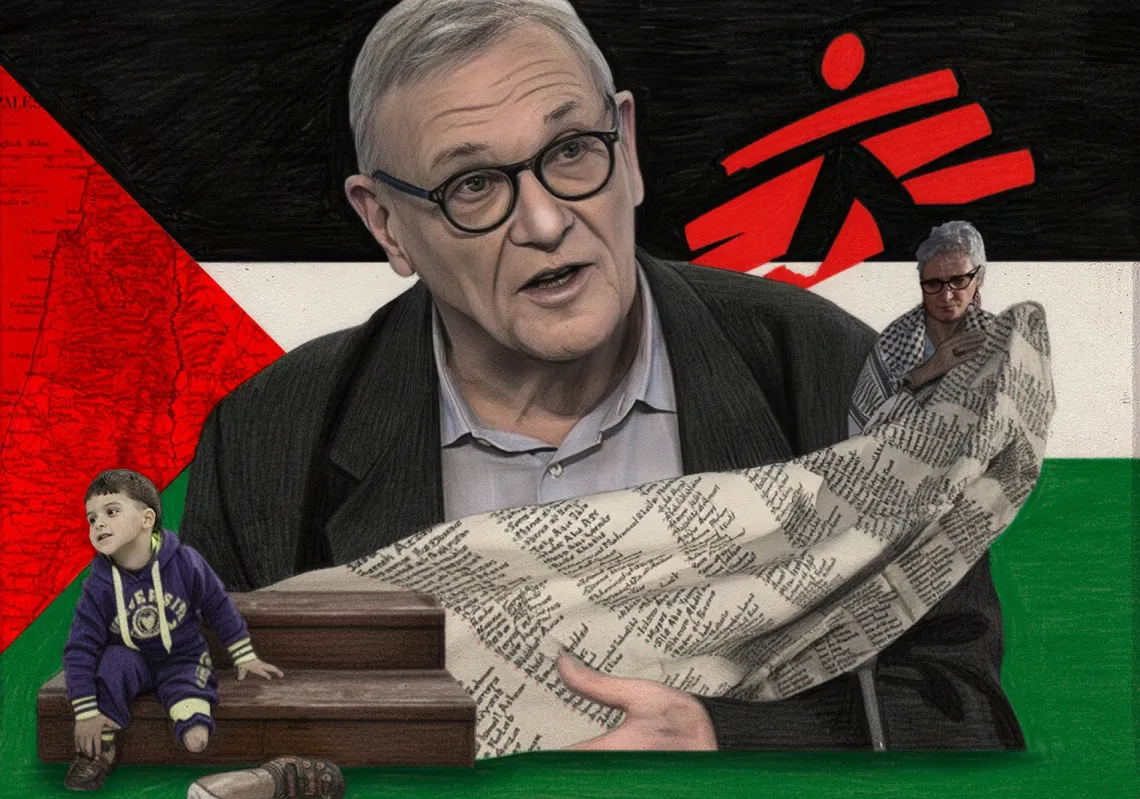The Iranian government appeared to take heart on Tuesday when Nikki Haley, the outspoken U.S. Ambassador to the United Nations, announced that she would be resigning at the end of the year. The Iranian mission to the UN released a statement welcoming her departure as a relief. Haley had led the charge against Iran at the international body, memorably giving a press conference in the company of shards of missiles which she said had been provided to Yemen’s Houthi rebels by Iran.
Whoever replaces Haley, it is clear that the tough line on Iran she represented remains the consistent policy of the Trump Administration — at least with respect to economic sanctions. Earlier this week, the U.S. government asked the International Court of Justice to invalidate an Iranian demand for the recovery of $175 billion in assets which had been seized by U.S. courts. A 2016 ruling by the American Supreme Court determined that the assets should be remitted to families of victims of Hezbollah’s 1983 Marine barracks bombings in Beirut. During that trial, evidence was furnished by the plaintiffs showing that Iran had provided material support to Hezbollah.
Iran had made its claim to the funds at The Hague on the basis of a 1955 “Amity Treaty.”
U.S. Secretary of State Mike Pompeo underscored his government’s request of the international court in his own statement. In addition to asserting that Iran had petitioned the court in bad faith, he said, “We owe it to our fallen heroes, their families, and the victims of Iran's terrorist activities to vigorously defend against the Iranian regime's meritless claims this week in The Hague, where we will show that Iran's case should be dismissed.” The U.S., Government has also announced that it would withdraw from the Amity Treaty.
Iran’s crude exports have meanwhile fallen further over the first week of October: Iran exported a total of 1.1 million barrels per day, down from 2.5 million bpd in April, before the American withdrawal from the JCPOA. The Iranian government is bracing itself for more substantial U.S. sanctions on its petroleum sector, due to go into effect on November 4.
Though there is substantial evidence that U.S. sanctions on Iran are indeed functioning as intended, reporting in the New York Times this week found that a major casualty of the new measures is the U.S.-European alliance. The newspaper quoted Volker Perthes, director of the German Institute for International and Security Affairs in Berlin, as saying that the U.S. withdrawal from the deal had “opened a rift between the U.S. and its European allies that is unlikely to close again as long as he is in office.” The paper noted that European officials are urging Tehran to bide its time, adhering to the deal, in hopes that Trump will not be re-elected in 2020 and a future Administration will rejoin the JCPOA.
Sign up for our Weekly Newsletter
Get the best of Majalla, straight to your inbox.








